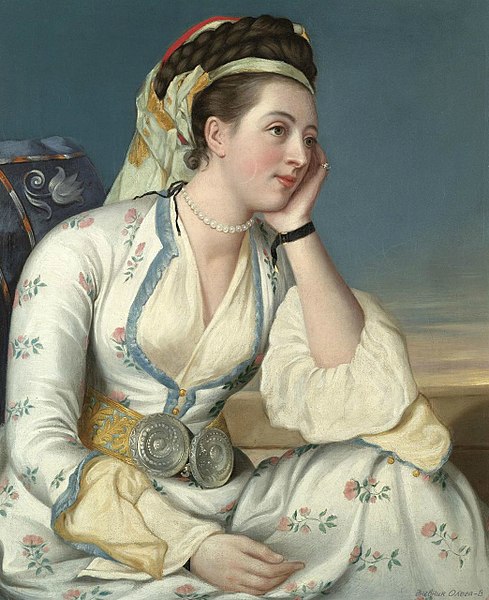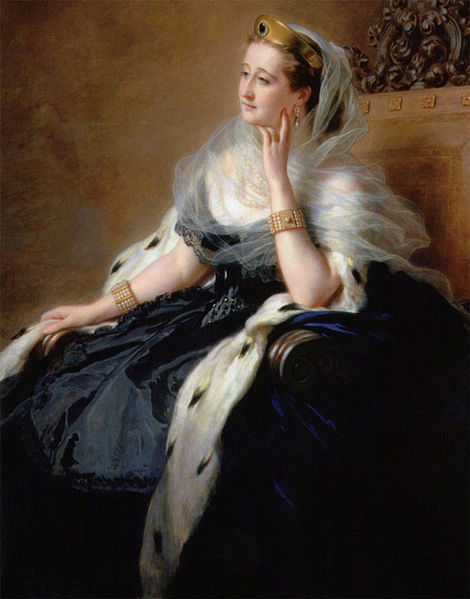
A new book acquired by the Thammasat University Library investigates the value of reading volumes that may not be of practical use for our studies. Lost in Thought: The Hidden Pleasures of an Intellectual Life is shelved in the General Stacks of the Pridi Banomyong Library, Tha Prachan campus.
The book is by Dr. Zena Hitz, a tutor in the great books program at St. John’s College in Annapolis, Maryland the United States of America (USA).
St. John’s College is a private liberal arts college with dual campuses in Annapolis, Maryland, and Santa Fe, New Mexico. It is known for its Great Books curriculum. In 1937, St. John’s adopted a Great Books curriculum based on discussion of works from Western works of philosophy, religion, history, mathematics, science, and literature.
Dr. Hitz earned a doctoral degree in ancient philosophy from Princeton University, New Jersey, USA.
The adjective intellectual means related to the intellect. It can mean rational or intelligent. The noun intellectual refers to someone considered to be a learned person. The word intellectual derives from a Latin term meaning to understand.
So intellectuals are people who understand things, because they take the time and trouble to critically study and think about facts and issues. Intellectuals usually read, research, write, and analyze society.
Intellectuals also evaluate the ideas of other people, while developing their own ideas.
The term public intellectual describes someone who suggests solutions for public affairs issues.
Intellectuals in Asia
There is a long tradition of intellectuals in Asia. The word intellectual appears in the Mahabharata in the Bachelorette meeting (Swayambara Sava) of Draupadi. Immediately after Arjuna and Raja-Maharaja, both kings-emperors, appear at a meeting, Nipuna Buddhijibina (perfect intellectuals) also attend
In China from 206 BC until AD 1912, intellectuals were Scholar officials, civil servants appointed by the Emperor to perform tasks of daily governance. They earned academic degrees through Imperial examination. They were skilled calligraphers and were experts in Confucian philosophy.
In Korea, from 1392 to 1910, intellectuals were people who were literate. As in China, these people were scholar-bureaucrats.

Intellectuals and COVID-19
In an essay posted online in May, Dr. Hitz suggests that lockdown and social isolation during the COVID-19 pandemic was for some people a good occasion for intellectual activity, even if many others reported that they were too tired to read or concentrate. They preferred to watch television or films that did not require thinking at a time of stress and lack of social distancing. Dr. Hitz mentions a number of writers of the past whose books are in the TU Library collection, who managed to conquer their own challenges:
Andre Weil, Simone Weil’s brother, undertook a major mathematical proof while in a French prison in 1940; Antonio Gramsci produced voluminous writing, despite excruciating physical suffering, while imprisoned by Mussolini. Irina Rutushinskaya, a Russian dissident imprisoned in the 1980s, wrote poetry on bars of soap with matchsticks and washed it away when she had memorized it. She wrote out the poems on cigarette paper later to be smuggled to the West. The poems, the proofs, the notebooks, and the speeches cast a light that obscures the brutal suffering in which they originated. Through them we share indirectly in the escape that these prisoners found in themselves.
Much of the known world is now in enforced isolation, prying these stories loose to the surface. Isaac Newton, we are told, discovered calculus while quarantined, and Shakespeare managed to squeeze out King Lear in similar circumstances. And yet despite my years of intellectual training, and despite having written a book on the value of withdrawn inwardness, like most everyone else these days, I am unable to read seriously or to think. I am anxious and continually distracted. I would give anything to be able to lose myself in thought—but it feels impossible. What accounts for the gap between the determined, thoughtful prisoners and ourselves?
Dr. Hitz concludes that even if we may not match these authors in scholarly achievement in isolation, intellectual life during difficult times can keep us from feeling too distressed. Readign and thinking help us to keep our human dignity and understand more things.
In an interview posted online in June, she noted,
The dramatic financial crisis that the pandemic has created for higher education will force the question I ask in my book: What are universities for? They aren’t for athletics, and they aren’t tax shelters for endowments. They are meant to secure learning, especially learning that won’t survive on the terms of the market, learning for its own sake. So we will have to choose — or it will be chosen for us — whether we renew our institutions around the purpose that justifies them or let them become so corrupted that they lose their grip on any significant public good…
The great books movement in which I teach is rooted in the radical egalitarianism of the 1930s. A “great book” is not one defined by the gender or race of its author, but by its power to liberate: great books invite their readers into a conversation with them on the basis of equality. So much is testified by the words of those liberated, as quoted in Rose’s The Intellectual Life of the British Working Classes, or as found directly in the writings of Douglass, Du Bois, Baldwin, Malcolm X or Huey Newton.
The great books allow us to discover our dignity, in part because they do not seek to control us, and in part because they allow a deep encounter with other human beings. Our dignity lies in the discovery of what is deeply human in us, our capacity to understand, to love and to choose. So, for instance, Du Bois describes reaching beyond the veil of racial prejudice to converse as an equal with the minds of the past. When we attempt to liberate others by providing what we judge to be opportunities, we “liberators” stay at the center; the oppressed are mere means to an end. The oppressed can even use themselves as a means to an end if they accept a given mode of “achievement” without asking questions about it and making it their own. The goal real liberal education seeks is freedom and equality, that is, achievement as defined by the learner, not as defined by economic or political authorities.
In an earlier interview posted online in May, she also commented,
The author Primo Levi found a refuge from Mussolini’s lies in the truths of chemistry; working-class men and women who discovered worlds of meaning, beauty, and connection through books. These examples follow cultural forms that are actually very old: the figure of Socrates lost in thought at the doorway of a dinner party; the mathematician Archimedes too absorbed in his proofs to notice the Romans invading his city. Likewise, in Christian art, we have St. Jerome reading in the desert and the Virgin Mary cloistered with books in her study. The idea is not just that books are an escape from difficulties: the examples I found suggest that they are a space of refuge where certain realities are revealed, especially about our nature and our dignity as human beings.

(All images courtesy of Wikimedia Commons)
